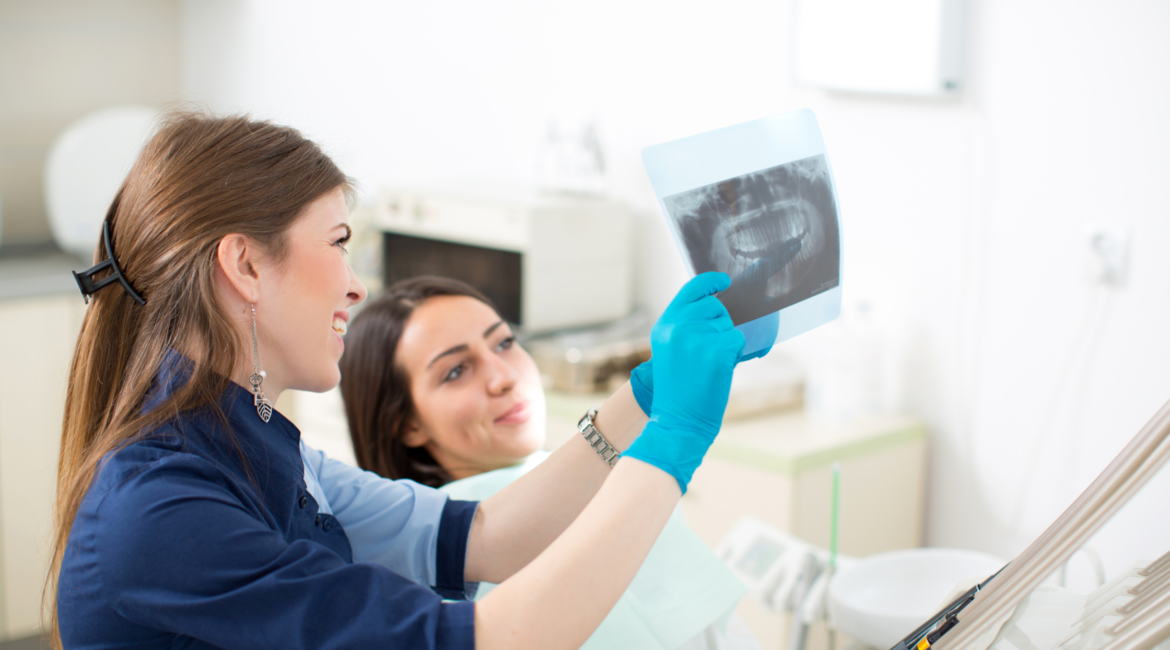A tooth abscess is a serious dental condition that can cause severe pain, swelling, and other complications if left untreated. It occurs when a bacterial infection forms inside the tooth, gum, or bone structure surrounding a tooth.
The abscess often presents as a pus-filled pocket, resulting from untreated cavities, gum disease, or dental trauma. Understanding its symptoms, possible remedies, complications, and prevention methods is essential to maintaining optimal oral health.
What is a Tooth Abscess?
A tooth abscess is a bacterial infection that leads to the accumulation of pus inside a tooth, gums, or bone. It can be caused by:
- Tooth decay that extends deep into the pulp.
- Cracked or broken teeth allowing bacteria to enter.
- Gum disease (periodontitis) leading to deep pockets where bacteria thrive.
- Poor dental hygiene or neglected oral care routines.
There are three primary types of tooth abscesses:
- Periapical Abscess – Occurs at the tip of the tooth root, usually due to deep decay or trauma.
- Periodontal Abscess – Forms in the gum tissues near the root, often due to gum disease.
- Gingival Abscess – Affects the gum surface, usually caused by foreign objects stuck between teeth (like popcorn hulls).

Symptoms of a Tooth Abscess
Tooth abscess symptoms can vary depending on the severity of the infection, but common signs include:
- Persistent, throbbing toothache that may spread to the jaw, ear, or neck.
- Swelling in the face or gums near the affected tooth.
- Fever and general discomfort.
- Sensitivity to hot, cold, or pressure when eating.
- Bad breath or foul taste in the mouth due to pus leakage.
- Difficulty swallowing or breathing in severe cases.
- Red, inflamed gums near the infected tooth.
If you experience any of these symptoms, it’s crucial to seek immediate dental attention, as untreated abscesses can lead to severe complications.
Home Remedies for Temporary Relief
While a tooth abscess requires professional treatment, certain home remedies can help temporarily alleviate pain and discomfort:
Saltwater Rinse – Mix warm water with salt and rinse your mouth several times a day to help reduce bacteria and inflammation.
Over-the-Counter Pain Relievers – Medications like ibuprofen or acetaminophen can help manage pain.
Cold Compress – Applying an ice pack to the affected area can help reduce swelling.
Garlic Paste – Garlic has natural antibacterial properties that may help with mild infections.
Hydrogen Peroxide Rinse – Dilute hydrogen peroxide with water and rinse gently to kill bacteria.
These remedies do not cure the abscess but can provide temporary relief before visiting a dentist.
Professional Treatment for a Tooth Abscess
Unfortunately, a tooth abscess will not heal on its own and requires professional dental intervention. Treatment options include:
- Draining the Abscess – The dentist may make a small incision to drain the pus, relieving pain and pressure.
- Root Canal Therapy – If the abscess originates from the tooth pulp, a root canal can remove the infected tissue and seal the tooth.
- Tooth Extraction – If the infection is too severe, the affected tooth may need to be removed to prevent further complications.
- Antibiotics – If the infection has spread, antibiotics may be prescribed to control the bacterial growth.
- Deep Cleaning (Scaling & Root Planing) – If the abscess is gum-related, a deep dental cleaning may be necessary.
Prompt dental care is critical to prevent the infection from worsening.

Complications of an Untreated Tooth Abscess
Ignoring a tooth abscess can lead to serious, even life-threatening complications:
- Spread of Infection – The bacteria can travel to other parts of the face, jaw, and even the bloodstream, leading to sepsis.
- Bone Loss – Severe infections can erode the jawbone supporting the tooth.
- Ludwig’s Angina – A dangerous neck and throat infection that can obstruct breathing.
- Sinus Infection – Upper tooth abscesses can spread to the sinus cavity, causing chronic infections.
- Brain Abscess – Though rare, bacteria from an untreated abscess can travel to the brain, causing severe complications.
These complications highlight the importance of early intervention and proper dental care.
How to Prevent a Tooth Abscess
Preventing a tooth abscess involves maintaining good oral hygiene and adopting healthy habits. Follow these steps to minimize your risk:
Brush and Floss Daily
- Brush twice a day.
- Floss daily to remove plaque and bacteria between teeth.
Visit Your Dentist Regularly
- Schedule checkups every 6 months for professional cleanings and early detection of potential issues.
- Get X-rays when recommended to spot hidden dental problems.
Avoid Sugary and Acidic Foods
- Reduce intake of sugary snacks, sodas, and acidic foods that contribute to cavities.
- Drink plenty of water to help wash away food particles.
Treat Cavities Early
Don’t ignore small cavities or minor toothaches; early treatment prevents abscess formation.
Wear a Mouthguard
Protect your teeth from trauma if you participate in sports or grind your teeth at night.
Avoid Using Teeth as Tools
Do not use your teeth to open bottles, tear packaging, or bite on hard objects, as this can cause cracks and expose your teeth to bacteria.
When to See a Dentist
If you experience:
- Severe, persistent toothache.
- Swollen gums, face, or jaw.
- Difficulty swallowing or breathing.
- Fever along with oral pain.
- A bad taste in the mouth due to pus drainage.
Seek immediate dental care, as these symptoms indicate a potentially serious infection.
Modern Day Dental | St. Johns, FL
A tooth abscess is a painful and dangerous condition that requires prompt treatment. While home remedies can temporarily ease pain, only a dentist can effectively treat the infection. Left untreated, an abscess can lead to serious complications like bone loss, sinus infections, or even life-threatening systemic infections.
The best approach is prevention—practicing good oral hygiene, attending regular dental checkups, and addressing dental problems early can keep your teeth and gums healthy.
If you’re experiencing symptoms of a tooth abscess, don’t wait! If you happen to be located in the Jacksonville, FL area, schedule an appointment with Modern Day Dental today for a thorough examination and personalized treatment plan to restore your oral health.

